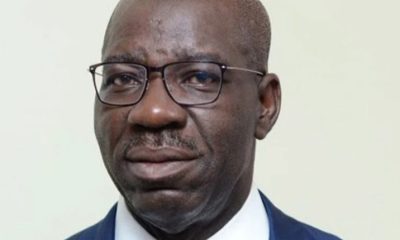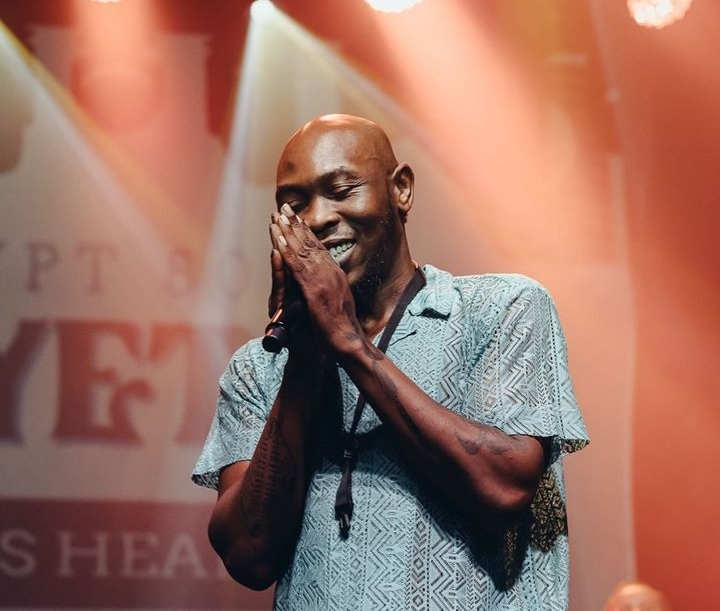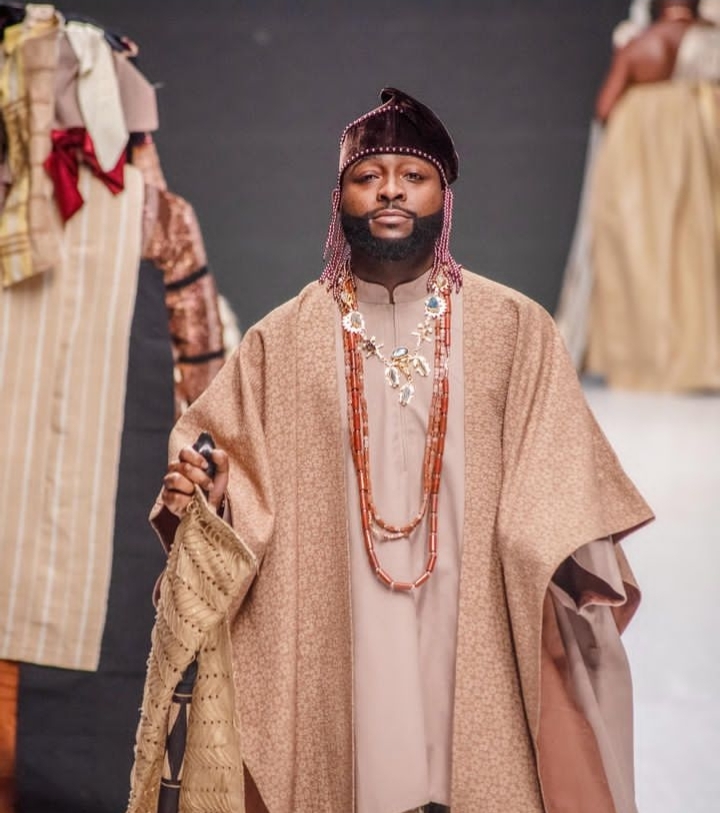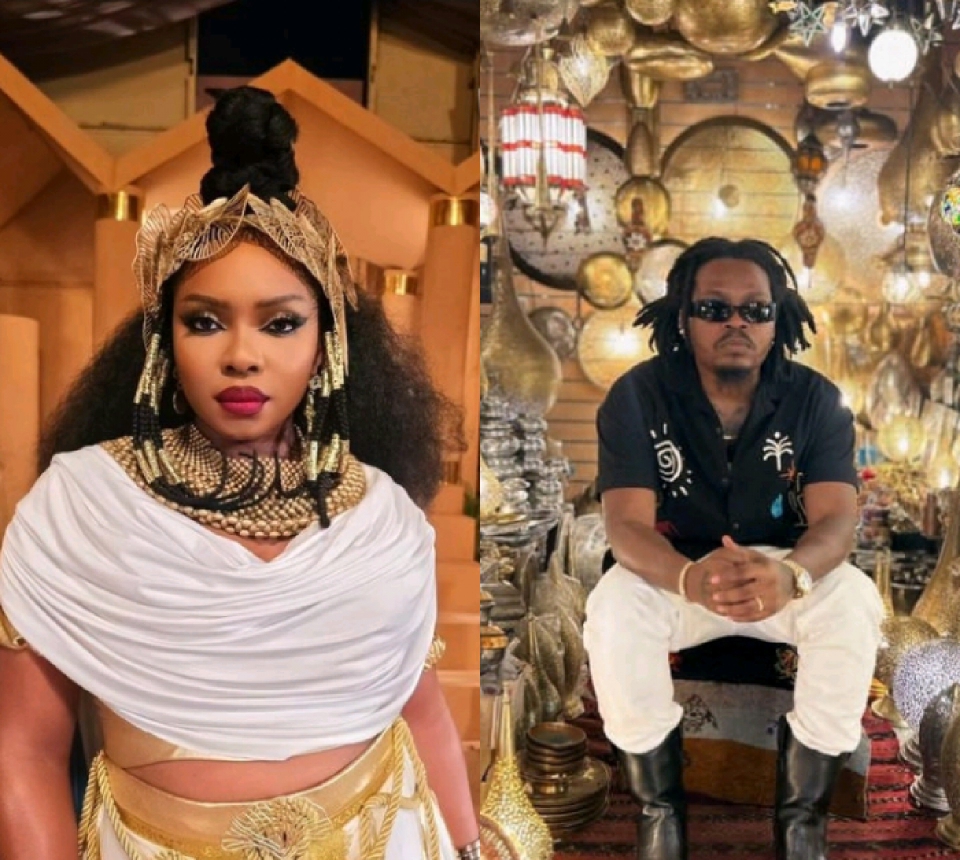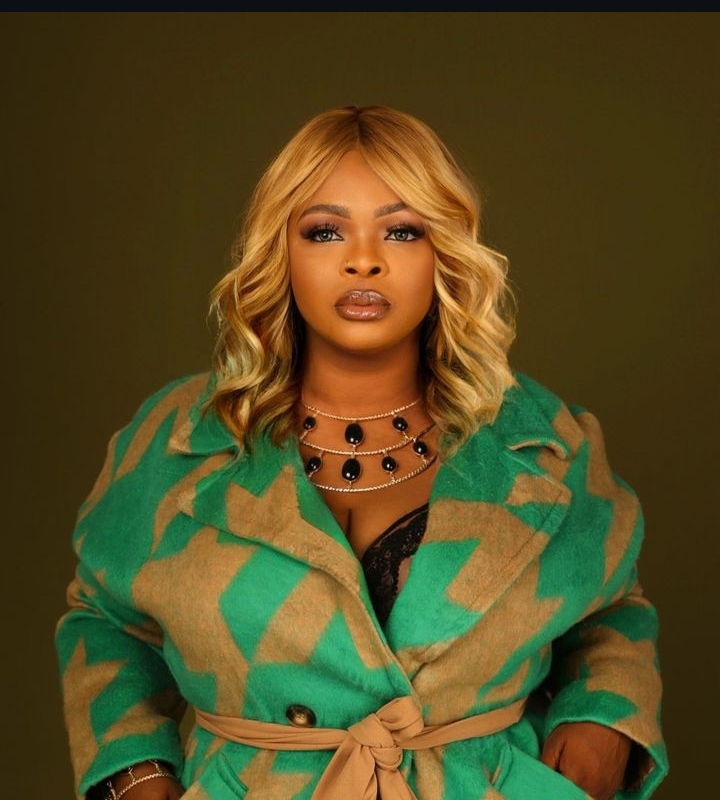Entertainment
Temi Otedola Named First African Digital Ambassador for L’Oréal Paris
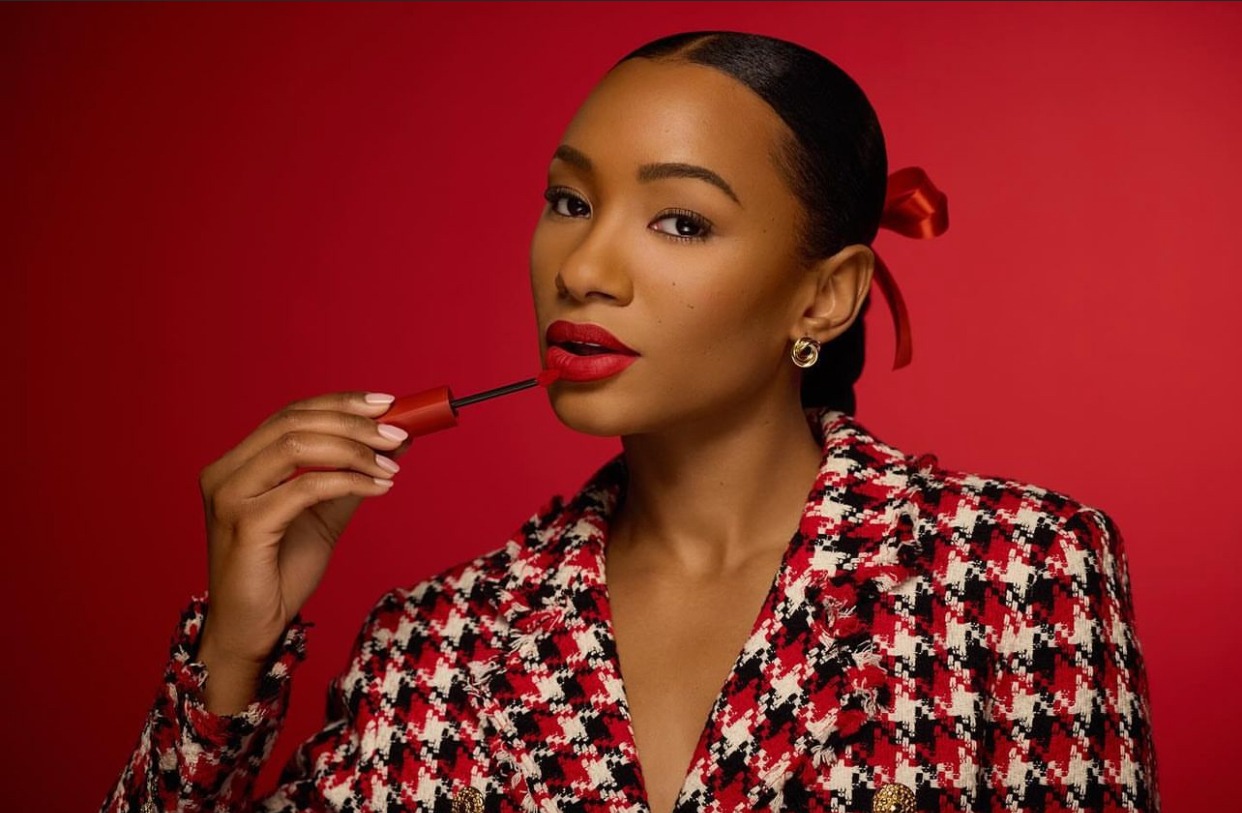
Entertainment
African Music Takes Over Coachella 2025: Seun Kuti, Remain and More to Perform
Entertainment
Davido Reflects on Life as He Turns 32: “My Eyes Don See Shege”
Entertainment
African Military Games: Yemi Alade, Olamide, D’banj to Headline Opening Ceremony
Entertainment
Davido Marks Birthday with N300m Donation to Orphanages
Entertainment
Nollywood Star Dayo Amusa Welcomes First Child
Entertainment
Why women pay attention to skincare – Dermatologist
-

 News12 hours ago
News12 hours agoEfe Ajagba Poised to Challenge Daniel Dubois for IBF Heavyweight Title
-

 Sports20 hours ago
Sports20 hours agoAMGA 2024: Tinubu charges military to address insecurity in Africa
-

 Education18 hours ago
Education18 hours agoWAEC bans 13 schools in Kogi for examination malpractices
-

 News21 hours ago
News21 hours agoTinubu should be blamed for PDP crisis – Sowunmi
-

 News17 hours ago
News17 hours agoEkpa, four others arrested in Finland for terrorism
-

 Metro18 hours ago
Metro18 hours agoJigawa tanker explosion claims 209 lives, injured 99 – Report
-
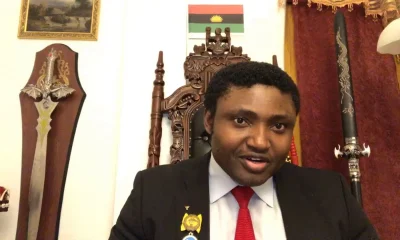
 News9 hours ago
News9 hours agoSimon Ekpa to be extradited to Nigeria – Defence
-
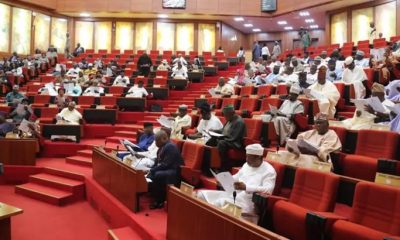
 National15 hours ago
National15 hours agoReps reject bill seeking six-year single tenure for president, governors
-

 News11 hours ago
News11 hours agoFederal High Court Adjourns Labour Party’s Suit on Rivers Lawmakers’ Defection to January 2025
-

 Entertainment23 hours ago
Entertainment23 hours agoAfrican Military Games: Yemi Alade, Olamide, D’banj to Headline Opening Ceremony






















